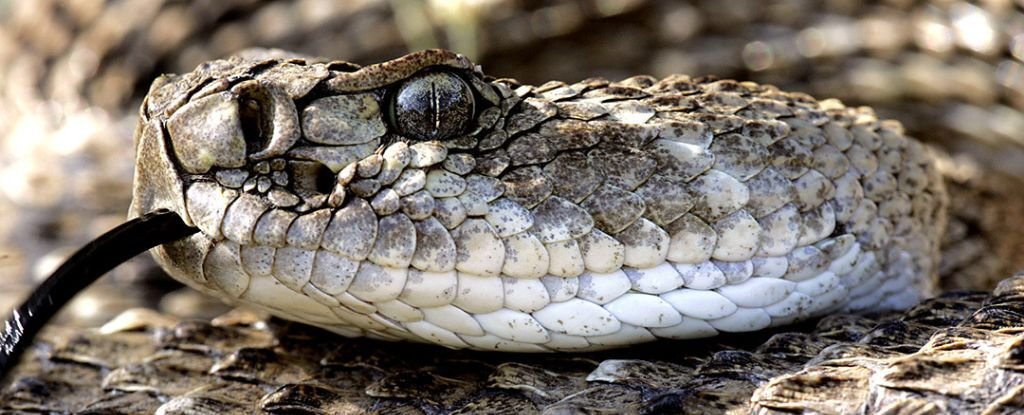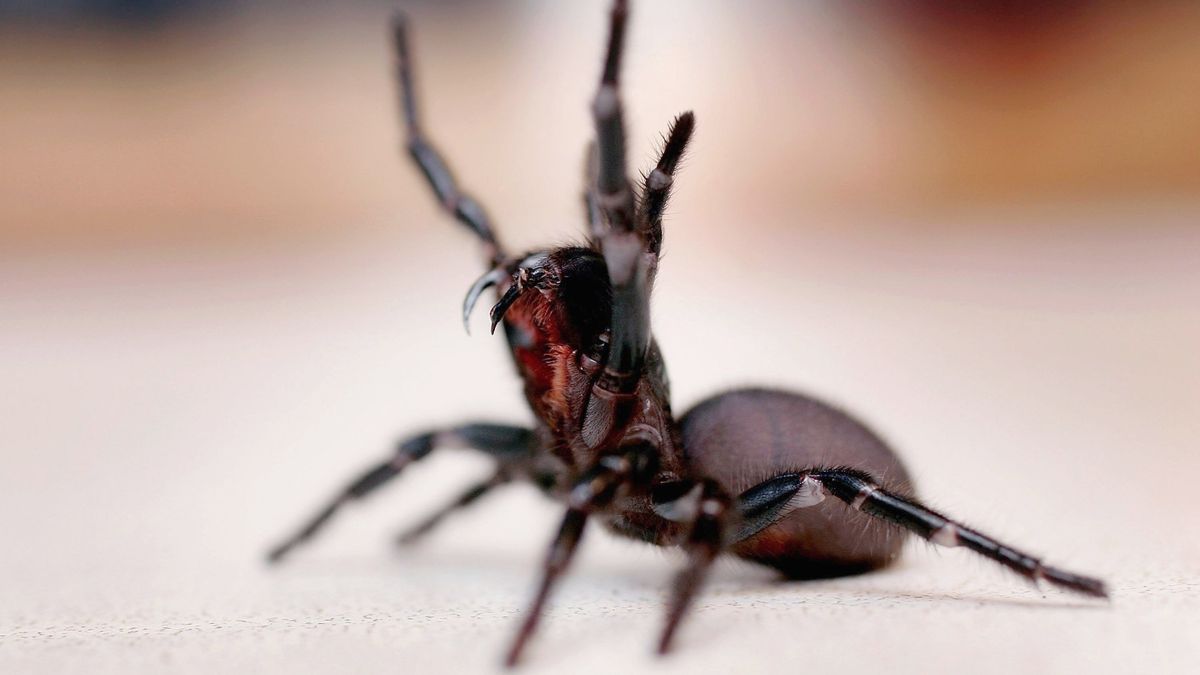
Spider Venom
The pathophysiology of a spider bite is due to the effect of its venom. A spider envenomation occurs whenever a spider injects venom into the skin. Not all spider bites inject venom – a dry bite, and the amount of venom injected can vary based on the type of spider and the circumstances of the encounter. The mechanical injury from a spider bite is not a serious concern for humans. Some spider bites do leave a large enough wound that infection may be a concern. However, it is generally the toxicity of spider venom that poses the most risk to human beings; several spiders are known to have venom that can cause injury to humans in the amounts that a spider will typically inject when biting. Only a small percentage of species have bites that pose a danger to people. Many spiders do not have mouthparts capable of penetrating human skin. While venoms are by definition toxic substances, most spiders do not have venom that is toxic to humans to require medical attention.
